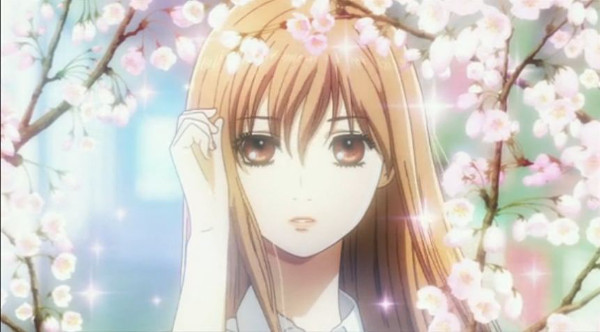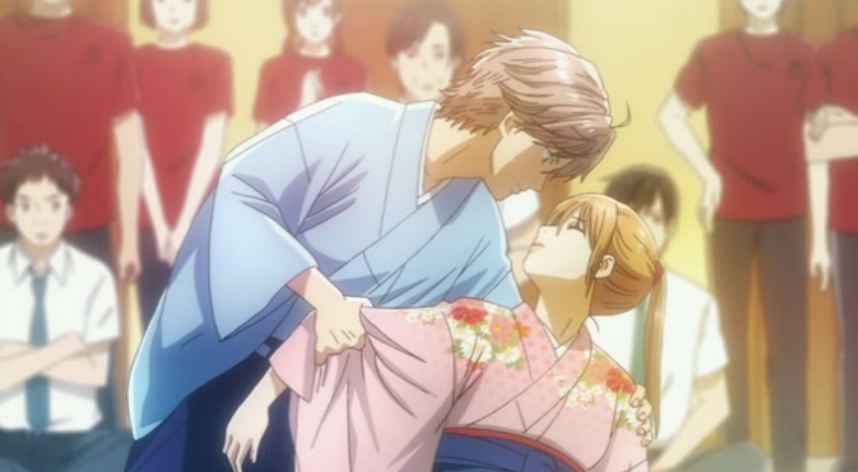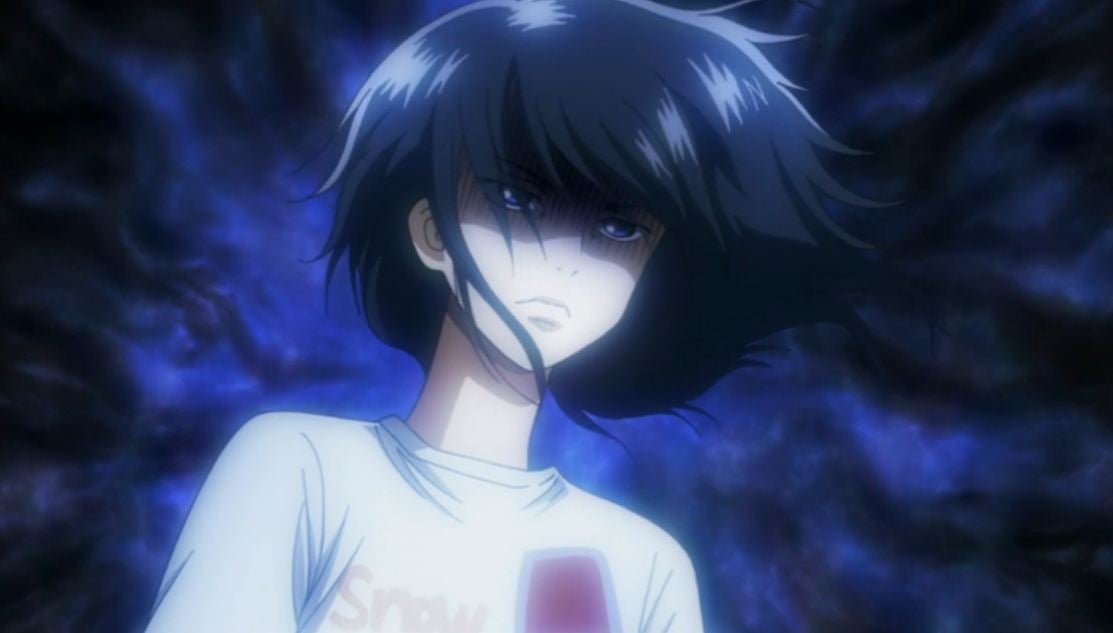Even among experienced anime fans in both Japan and around the world, Chihayafuru is a niche series.
Created by Yuki Suetsugu, the series is a josei manga serialized in the Be Love magazine since December 2007. The series has a relatively obscure card game called Hyakunin Isshu karuta (don’t worry if you’ve never heard of it) as its central theme, but at its heart, it’s a story about finding your passion in life and chasing after your dreams.
As mentioned, the central binding theme of the series and what keeps all the characters together is karuta. In this game, a reader chants out the first half of one of the famous Japanese poems, and the players have to find the card that has the second half of the poem as fast as they can. It’s a tough sport to learn and master, but these characters in Chihayafuru take the game very seriously.

The first anime adaptation of this series aired in October 2011 (which you might recall as the best year of anime in the history of ever). Animated by Madhouse, it starts with one of the best mini-arcs of this century. In the beginning, we’re taken back to the elementary school days of three characters: Chihaya, who lives to support her older sister’s modeling career, her friend Taichi who gets pressured by his mother to be good at everything he does, and a new kid in the class named Arata.
At first, Arata doesn’t talk much in class because the other kids make fun of his regional accent but Chihaya stands up for him. This causes them both to be ostracized. The thing is that Chihaya knows something that no one else in class does: Arata is a master at the game of karuta and dreams of being a master like his grandfather was, once upon a time. This inspires Chihaya to find her own dream and start pursuing her own aspirations of becoming the Queen (the best female player in all of Japan) rather than using all of her energy to support her sister’s dream.
After the three main characters form a bond over the game, life circumstances split them apart, but Chihaya keeps believing in her heart that someday they will all be brought back together at the national tournament. However, by the time Chihaya reaches class A, she learns Arata has stopped playing the game and never wants to speak to her again. Undeterred, Chihaya convinces Taichi to start a karuta club at their high school with the belief that someday, Arata will come back to the sport he once loved and they’ll be together again.
As mentioned, while karuta is the central theme of the series, which does technically make it a sports series, it’s actually the relationships that develop between the characters that drive this series forward. Every single member of the Mizusawa karuta club joins for different reasons, but through the club, they find new friendships and new dreams to chase after, much like Arata helped Chihaya find years ago when they first met.

I’ll admit it, the growth of these relationships is slow. The main romantic relationship between Chihaya, Taichi, and Arata, for instance, will be nowhere close to resolved by the end of the first season (or the third season for that matter, but we’ll get to that later). However, while their relationship is the longest one to continue throughout the run of the series, the real stories of the first season are the sub-stories involving the supporting cast. That’s where the genuine joy of this series takes place.
Out of the five Mizusawa karuta club members, two are completely and totally unfamiliar with the sport and even initially join under protest before they both fall in love with karuta. Kanada Oe and Tsutomu Komano are the hidden stars of this series thanks to their moments of drama throughout this season. The first example of this is when Kanada initially shows interest in the club, but only because she loves traditional Japanese poetry. She doesn’t want to be competitive with it, but Chihaya’s infectious passion is what finally sways her.
Tsutomu’s dramatic turn comes a bit later in the series after he’s already joined the club. Seeing Kanada make progress, he gets frustrated at their first tournament and nearly quits the team. Seeing his anguish and frustration boil over is a tough watch, but ultimately worth it as he finally sees where he fits in on the team and what his contributions are.
On top of this, you have the ongoing saga between Nishida and Taichi. Which one of them is going to graduate up to class A from class B first? This is a goal that has eluded them both, for multiple years. They both want it so badly that they can taste it, but tournament after tournament passes them by without that elusive first-place victory.
And just for good measure, Chihaya has her own problems at home as her parents pay all of their attention to her older sister. It isn’t until a particularly heart-wrenching scene towards the middle of the season that Chihaya learns the truth about how much attention her parents have actually been paying to her without her even realizing it.
What’s surprising about Chihayafuru, however, is their choice of antagonists. At first, the closest thing they have to a foil is an indifferent faculty advisor who doesn’t even understand the game or why it’s so important for there to be a club dedicated to it. Much like the other supporting characters though, Ms. Miyauchi becomes their biggest supporter just in time for the second antagonist to arrive, in the form of the current queen.

Despite only being in high school, the current queen, Shinobu Wakamiya, is ruthless on the karuta mat and destroys her opponents without mercy. The first match between her and Chihaya is some of the most nail-biting tension that this series can deliver in this first season and it only gets better as Chihaya continues to improve her game in future seasons.
What’s fascinating about these characters is that, much like another near-perfect series called Space Brothers, these characters initially start very cold and unlikeable. As you get to know them, though, and learn their stories, they will become treasured parts of the overall narrative that signify that something big is about to happen whenever they appear on the screen, which only intensifies the drama.
To be fair though, at its heart Chihayafuru is still a sports series which means many intense internal monologues which make you feel you’re actually in the room with these players as they strive to be the very best in the country. This is particularly true for the more experienced players. While Chihaya has a natural knack for the sport and strives to become Queen, Taichi and Nishida languish in class B and spend the majority of the series attempting to push themselves forward before they run out of time.
Chihayafuru is a series that everyone should give a chance at some point. Yes, this is a very Japanese series filled with many idiosyncrasies that might be lost on you the first time you watch it, but if you can survive that first five-episode mini-arc, you’ll be hooked from that moment forward.
As previously mentioned, the game within this series is niche, but the characters within it are the best kind: passionate individuals who feel like they could be your best friends if they were real. While this series might not have the same pomp as other sports series, Chihayafuru is genuine in its intensity and drama. From start to whenever they manage to finish it, I guarantee a good time with Chihayafuru.














